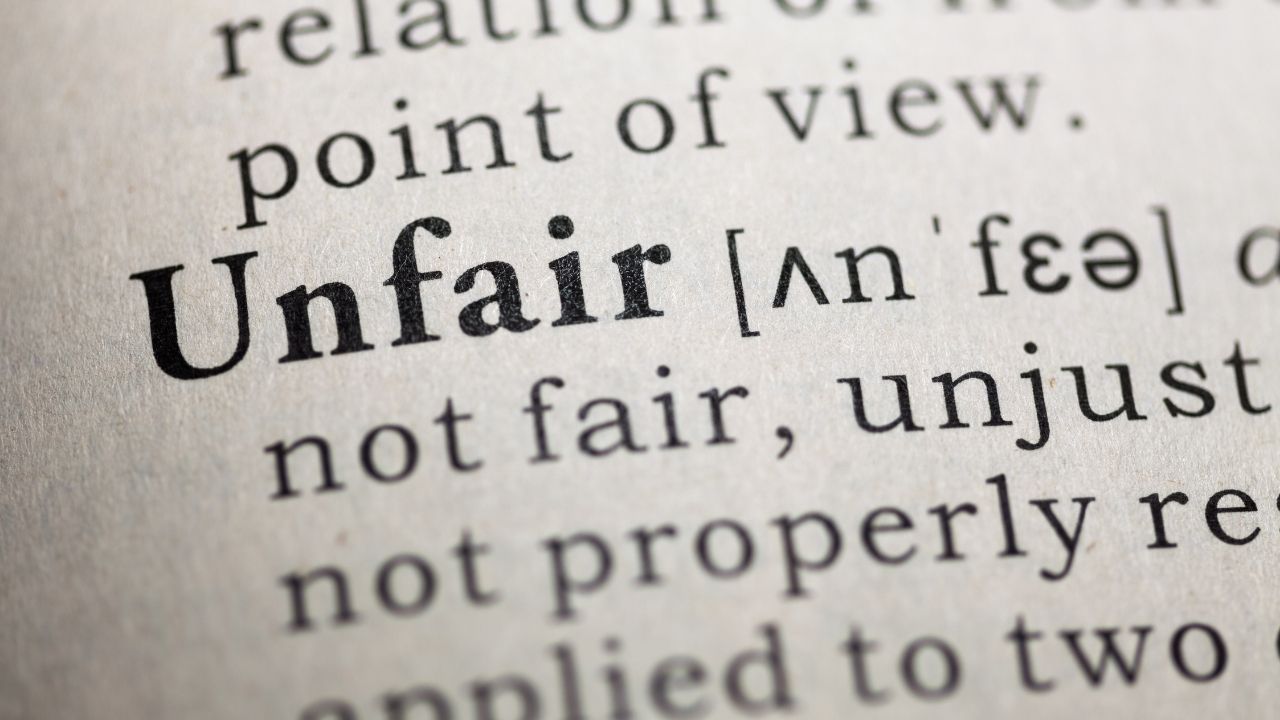Derivative actions serve as a vital mechanism in corporate governance, allowing shareholders to pursue legal action on behalf of a company when its directors or insiders engage in misconduct that harms the company’s interests. In Kenya, the Companies Act, 2015, particularly Part XI (Sections 238–241), establishes the statutory framework for derivative actions. This client alert provides a detailed analysis of derivative actions under Kenyan law, focusing exclusively on three key court decisions: Ghelani v Ghelani & Another [2020] eKLR (Civil Case E286 of 2019), Kipketer v Kiptoo & 2 Others [2023] eKLR (Commercial Suit E103 of 2022), and Barisa & 5 Others v Mwaura & 2 Others [2024] eKLR (Commercial Case 84 of 2016). These cases, accessible through Kenya Law’s database, offer critical insights into the application, requirements, and judicial oversight of derivative actions in Kenya.
Legal Framework for Derivative Actions
Under Section 238(1) of the Companies Act, 2015, a derivative action is defined as a proceeding initiated by a company member to enforce a cause of action vested in the company, seeking relief on its behalf. This mechanism empowers shareholders to address wrongs committed against the company, such as breaches of fiduciary duty or mismanagement, particularly when those controlling the company fail to act.
To proceed, Section 239 requires shareholders to obtain leave of court, ensuring that the applicant acts in good faith and that the action serves the company’s best interests. The court may deny leave if the alleged wrong has been ratified by the company’s members or if alternative remedies are more appropriate. Section 241 further allows the court to issue orders, including cost indemnification, to support the applicant’s pursuit of the action.
The following analysis of the specified cases illustrates how Kenyan courts apply these provisions, balancing shareholder protections with safeguards against misuse.
Case Analysis
- Ghelani v Ghelani & Another [2020] eKLR (Civil Case E286 of 2019)
In Ghelani v Ghelani & Another, the plaintiff, a minority shareholder in a family-owned company, sought leave to commence a derivative action against the company’s directors. The allegations centered on mismanagement and fraudulent transactions, including unauthorized transfers of company assets to third parties, which allegedly caused significant financial harm to the company.
The court applied Section 239 of the Companies Act, emphasizing that the applicant must establish a prima facie case of wrongdoing and demonstrate good faith. The plaintiff presented compelling evidence, including financial statements and board meeting records, indicating unauthorized asset transfers. The court granted leave, noting that derivative actions are essential for holding directors accountable, especially in closely held companies where minority shareholders are at risk of oppression.
The Ghelani case underscores the importance of robust evidence at the leave stage. The court clarified that its role is not to adjudicate the merits of the claim but to determine whether the action is pursued in good faith and aligns with the company’s interests. This decision highlights the protective role of derivative actions for minority shareholders.
- Kipketer v Kiptoo & 2 Others [2023] eKLR (Commercial Suit E103 of 2022)
In Kipketer v Kiptoo & 2 Others, a minority shareholder sought leave to bring a derivative action against the company’s directors, alleging breaches of fiduciary duty through misappropriation of funds and failure to maintain proper financial records. The plaintiff argued that these actions led to substantial losses for the company.
The court evaluated the application under Section 239, focusing on the dual requirements of good faith and the company’s best interests. The defendants countered that the plaintiff’s motives were personal, rooted in a family dispute rather than a genuine concern for the company. Evidence of prior litigation between the parties supported the defendants’ claim of personal animosity. While the court acknowledged some evidence of mismanagement, it found that the plaintiff’s application was tainted by ulterior motives. Additionally, the company’s board had initiated internal measures to address the alleged wrongs, suggesting that a derivative action was not the only viable remedy.
The court denied leave, emphasizing that derivative actions must not be used to advance personal agendas. This ruling highlights the judiciary’s gatekeeping role in preventing abuse of the derivative action process and the importance of exploring alternative remedies before resorting to litigation.
- Barisa & 5 Others v Mwaura & 2 Others [2024] eKLR (Commercial Case 84 of 2016)
In Barisa & 5 Others v Mwaura & 2 Others, a group of shareholders applied for leave to pursue a derivative action against the company’s directors and a third party. The plaintiffs alleged that the directors breached their fiduciary duties by entering into a fraudulent joint venture agreement that diluted the company’s assets and prioritized their personal interests.
The court granted leave, finding that the plaintiffs had established a prima facie case of breach of fiduciary duty under Section 143 of the Companies Act, which outlines directors’ duties to act in the company’s best interests. The evidence included undisclosed agreement terms and financial records showing asset dilution. The court emphasized that derivative actions are critical when directors engage in self-dealing or fail to prioritize the company’s welfare.
Additionally, the court addressed costs under Section 241, ordering indemnification of the plaintiffs’ reasonable expenses. This decision recognizes the financial risks faced by shareholders in derivative actions and reinforces the court’s discretion to ensure equitable cost allocation.
Key Principles from the Cases
The three decisions distil several core principles governing derivative actions in Kenya:
- Good Faith as a Prerequisite: Courts scrutinize the applicant’s motives to ensure the action is not driven by personal vendettas. In Kipketer, the presence of personal animosity led to the denial of leave, highlighting the need for genuine intent.
- Prima Facie Evidence Requirement: Applicants must present credible evidence of wrongdoing, such as mismanagement or breaches of fiduciary duty, as demonstrated in Ghelani and Barisa. This threshold prevents frivolous claims while allowing meritorious ones to proceed.
- Focus on Company Interests: The action must benefit the company, not just the applicant. Courts may reject applications if alternative remedies, such as internal investigations, are available (Kipketer).
- Cost Indemnification: Under Section 241, courts may indemnify applicants for costs, as seen in Barisa, mitigating the financial burden on shareholders pursuing legitimate claims.
- Minority Shareholder Protection: Derivative actions are a crucial safeguard for minority shareholders, particularly in closely held companies where majority control may lead to oppression (Ghelani).
Practical Guidance for Shareholders
Shareholders considering a derivative action in Kenya should take the following steps:
- Compile Robust Evidence: Gather financial records, board resolutions, or other documents to support allegations of wrongdoing, as seen in Ghelani and Barisa.
- Ensure Good Faith: Avoid pursuing actions driven by personal disputes, as courts may deny leave if ulterior motives are evident (Kipketer).
- Seek Expert Legal Counsel: Engage lawyers familiar with the Companies Act to navigate the procedural complexities of obtaining leave and managing cost risks.
- Consider Alternative Remedies: Evaluate whether internal mechanisms, such as shareholder resolutions or board investigations, can resolve the issue before initiating litigation (Kipketer).
- Understand Financial Implications: Be prepared for potential costs but note that courts may order indemnification for reasonable expenses (Barisa).
Conclusion
Derivative actions under Kenya’s Companies Act, 2015, provide a powerful tool for shareholders to protect company interests and hold directors accountable. The cases of Ghelani v Ghelani & Another [2020], Kipketer v Kiptoo & 2 Others [2023], and Barisa & 5 Others v Mwaura & 2 Others [2024] illustrate the judiciary’s careful approach to balancing shareholder rights with protections against misuse. By requiring good faith, prima facie evidence, and alignment with the company’s interests, Kenyan courts ensure that derivative actions serve their intended purpose as a cornerstone of corporate governance.
Shareholders contemplating such actions should proceed strategically, supported by strong evidence and legal guidance, to maximize the likelihood of success. For tailored advice, please contact our corporate law team to discuss your specific situation.



